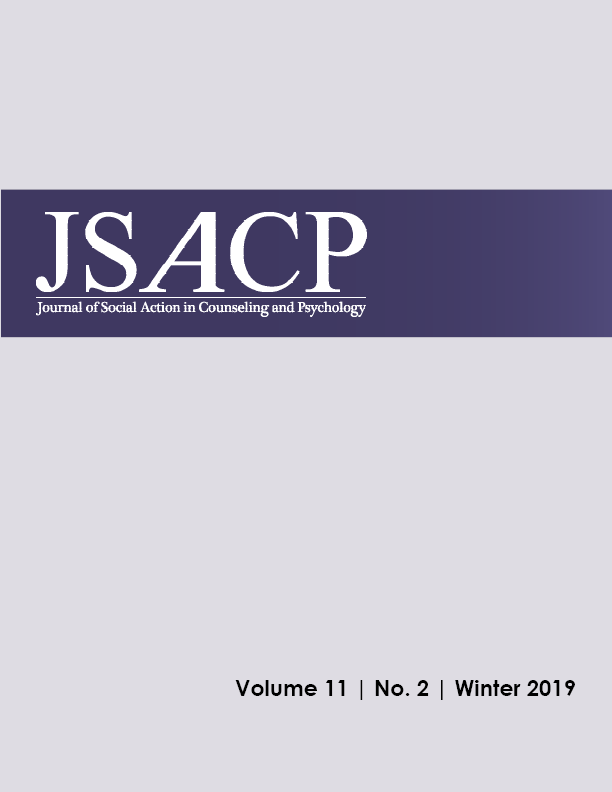Process Evaluation of Training Model for School-Based Mental Health
DOI:
https://doi.org/10.33043/JSACP.11.2.54-66Keywords:
school, mental health, social justice, counselor educationAbstract
There is a need to examine collaborative mental health practices in geographic regions serving high populations of under-represented minority and low socio-economic status youth in order to reduce the barriers in access to care and support. In response, a counselor education program at a large land-grant university in the Southwestern United States worked in collaboration with a local school district to create a school-based mental health program. The program provides no-cost and timely mental health counseling services to students and their families using a practicum training model. This article presents process evaluation data that examine program level functioning during the implementation stage of the training model. Implications for program improvements in the next phase of implementation are discussed as well as implications of this type of service delivery model within the context of counselor education and social justice.
Downloads

Downloads
Published
How to Cite
Issue
Section
License

This work is licensed under a Creative Commons Attribution-NonCommercial-NoDerivatives 4.0 International License.
By submitting to JSACP, the author(s) agree to the terms of the Author Agreement. Beginning in 2018, all authors retain copyrights associated with their article contributions and agree to make such contributions available under a Creative Commons Attribution-NonCommercial-NoDerivatives 4.0 International license upon publication in JSACP. Copyrights to articles published prior to 2018 have been transferred from the authors to JSACP.








